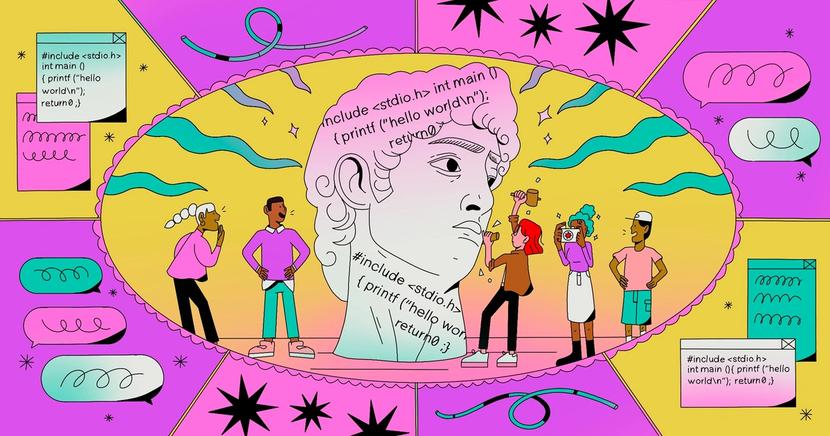Even high-quality code can lead to tech debt
Ben talks with Eran Yahav, a former researcher on IBM Watson who’s now the CTO and cofounder of AI coding company Tabnine. Ben and Eran talk about the intersection of software development and AI, the evolution of program synthesis, and Eran’s path from IBM research to startup CTO. They also discuss how to balance the productivity and learning gains of AI coding tools (especially for junior devs) against very real concerns around quality, security, and tech debt.




